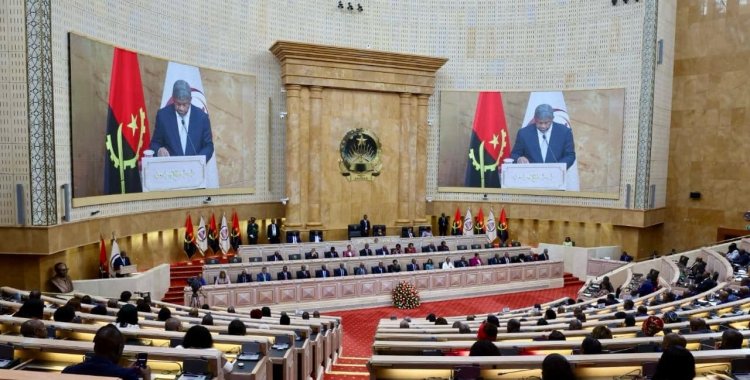"To ensure the path of economic and social development and the continued attraction of investment, we will dedicate around 240 million dollars of State resources for the years 2025 and 2026 to the Demining Programme (...) so that the country can be declared mine-free in 2027", said João Lourenço in Luanda, in his State of the Nation address that marked the opening of the parliamentary year.
The country, which experienced a civil war lasting almost three decades, is one of the countries in the world with the largest territorial extension still contaminated by landmines.
João Lourenço also addressed the area of defence and security, to which the government dedicates a large part of the State Budget (7 percent of the total), stressing that Angola is "a country of peace" and that there are no "significant threats to peace and territorial integrity".
The head of state said that the restructuring programme for the Angolan Armed Forces (FAA) is progressing "at a good pace", with the aim of gradually reducing the size of the military force, highlighting the special attention being paid to the Navy.
According to the head of the executive branch, the Soyo Naval Base should be operational by 2025 and the Luanda Naval Base is being refurbished and equipped, with the National Maritime Coordination and Surveillance Centre already operational, while the regional centres in Lobito and Namibe and other coastal observation units are under construction.
"Together they will ensure that the country has better conditions to monitor our coast", he stated, promising that new naval assets will be delivered by December this year and that the maritime surveillance system will also have additional equipment and aircraft equipped and suitable for the missions.
João Lourenço said that construction work on the new Luanda Military Hospital will also begin and that projects are underway in the areas of production of military uniforms and agro-industry, with the aim of ensuring some capacity to produce food for the Armed Forces.
The head of state also spoke about global conflicts, with particular emphasis on the Democratic Republic of Congo and Rwanda, Sudan, Ukraine and the Middle East, arguing that "the world cannot accept that the daily deaths of civilians in Gaza, the West Bank and Lebanon in numbers that are already frightening, are beginning to be seen by global public opinion as something normal, banal".
He called for the world to rise up "in unison to end these wars" and stressed that it is "increasingly obvious that the current operating model of the United Nations Security Council is out of touch with reality."
"We have made our voice heard in firmly defending the need to promote profound reforms, capable of better understanding the composition of today's world and better ensuring international peace and security," stressed the head of state.







